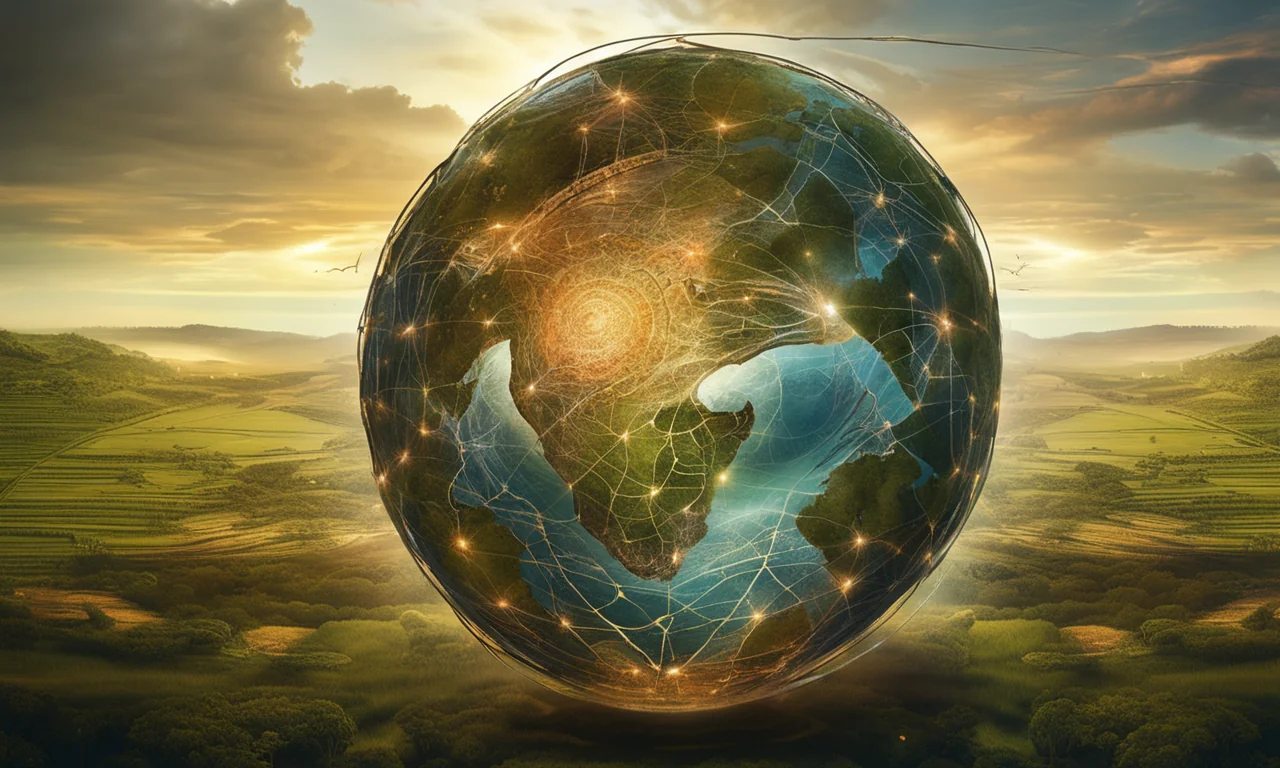
Imported Chicken in Welsh Schools Sparks Local Sourcing Debate
The controversy over school meal ingredients highlights tensions between global supply chains and community health priorities.
The X platform's #science and #health threads today reveal a landscape in flux—where debates about food sourcing collide with cutting-edge neuroscience, and global health ambitions are pitched against local realities. Instead of progress, what emerges is a tapestry of contradictions, where technological triumphs are celebrated as much as mindfulness and ancient wisdom are invoked as remedies for modern malaise.
Local Health Battles vs. Global Realities
Welsh school meals have become the latest battleground, as outrage over the use of imported Thai chicken ignites calls for local sourcing and farmer support. This controversy exemplifies a recurring tension: the promise of globalization undercuts the health and economic interests of local communities, as seen in the passionate advocacy from regional leaders. It's no surprise that public sentiment echoes a growing skepticism toward international supply chains that prioritize efficiency over quality and community welfare.
"Using chicken from Thailand in Welsh school meals is an absolute disgrace. We should be using local meats and supporting our Welsh farmers and producers."- Laura Anne Jones MS (1100 points)
Meanwhile, the Svalbard Global Seed Vault is not just a symbol of agricultural preservation, but now also a frontier for virological research. The frozen soils of Svalbard may hold clues to ancient viruses, a development that underscores how science can turn sites of supposed stability into sources of uncertainty. This duality—between local advocacy and global research—defines today's health discourse, with neither side offering simple answers.
Mental Wellbeing: From Dopamine Overload to Mindful Practice
The digital age's dopamine dilemma is front and center, as modern lifestyles and screen addiction reshape our brains, challenging the notion of health as merely physical. The narrative is shifting: neuroscience is no longer the preserve of academics, but a topic for every aspirant, with widespread advice urging a return to movement and meaningful social connection. In parallel, wellness influencers advocate for mindfulness and natural foods, positioning these habits as bulwarks against overstimulation and anxiety.
"Every Aspirant can feel..."- UPSC Lifepedia (1000 points)
Yoga's resurgence as a remedy for muscle strain, as seen in calls to embrace traditional practice, further cements the day's theme: health isn't just about innovation or pharmaceuticals, but about reclaiming personal agency and holistic habits. The tension is palpable—technology and mindfulness, science and spirituality, all vying for dominance in a noisy, restless world.
Science, Consciousness, and Global Health Aspirations
There's an unmistakable reverence for scientific achievement today, with the legacy of John B. Goodenough celebrated for revolutionizing energy storage. Yet, even as science is lauded, conversations turn to the integration of ancient wisdom with modern inquiry, as Sufism and neuroscience converge in explorations of consciousness. This isn't just interdisciplinary—it's a search for meaning in the shadow of relentless technological progress.
"What an incredible day we had with Master Deniz Erten's outstanding blend of Sufism and science to explain consciousness on a deeper level!"- A. Sertcakar (14 points)
The international dimension is equally bold, as Africa's push for self-reliance in health and calls for global safety and love reveal a collective yearning for security and equity. Yet, for all the talk of universal coverage and interconnectedness, the reality remains fractured—progress is uneven, and the dialogue is shaped as much by hope as by persistent gaps.
Journalistic duty means questioning all popular consensus. - Alex Prescott